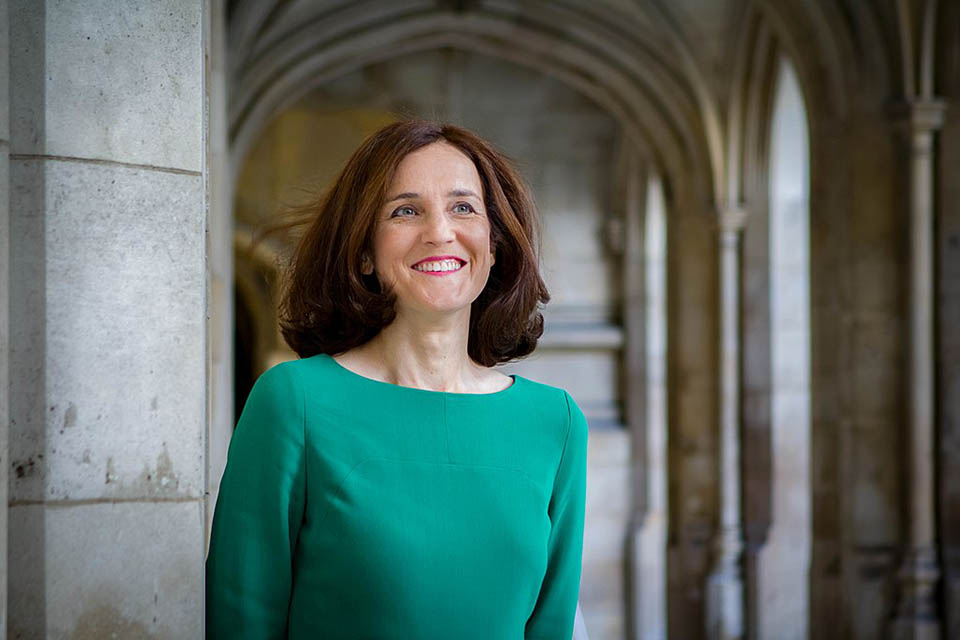InterCity West Coast rail franchise
The department has published an invitation to tender for the formal bidding stage to replace the operator on the West Coast Main Line.

In May last year, the then Secretary of State announced that the next InterCity West Coast franchise would start on 9 December 2012.
The Department for Transport has today (20 January 2012) published an invitation to tender to mark the commencement of the formal bidding stage of the competition to replace the current operator on the West Coast Main Line. The new franchise will continue through to March 2026, this date being aligned to the introduction of high speed services along the proposed HS2 route.
Increasing capacity and tackling overcrowding is our priority. 106 extra ‘Pendolino’ carriages are being provided for the West Coast. In addition to the 45% increase in capacity delivered in December 2008, 31 existing Pendolinos are being lengthened from 9 to 11 carriages and 4 new trains are being introduced, increasing the number of standard class seats on each train by almost 50%, from 320 to 470.
In all, the 106 new carriages will make 28,000 extra seats available each day, an increase of 25%. We expect that the additional and lengthened trains will be targeted on those routes and times of day with the highest demand.
It was further announced in May that a consultation would take place on a revised Train Service Requirement (TSR). A summary of and response to this consultation has also been published today on the Department for Transport website.
The TSR has been designed to give bidders greater flexibility to respond to passenger demand and run their businesses in a more commercial way within a framework set by the franchise that protects key outcomes for passengers, taxpayers and the economy. The TSR requires the provision of the same number of weekly stops at each station as set out in the current franchise; but will allow the franchisee to vary the capacity provided on individual days of the week in order to cater for the variations in daily demand.
The ITT contains less specification than in previous competitions, with a stronger focus on outcomes, for example on passenger satisfaction, rather than detailed prescriptive inputs. We expect the additional flexibility set out in the ITT to enable bidders to provide both a better service for passengers and an improved financial return for taxpayers.
However we will continue to specify core requirements and to manage overall compliance of key deliverables, such as performance and service quality. The franchise will contain new obligations based around passenger satisfaction with stations, trains and customer services.
The franchise length of up to 15 years including an option to extend by 20 months is intended to encourage the development of long term relationships between the operator and stakeholders giving greater scope to challenge and reduce excessive industry costs. We also expect the certainty provided by a long franchise to encourage investment in assets such as stations, by extending the period over which commercially attractive schemes can pay back. The new franchisee will take over full repairing responsibilities for the 17 stations they manage. We believe that cost savings can be achieved through combining roles currently split between the operator and Network Rail in relation to stations.
A new risk sharing mechanism based on macroeconomic variables has been introduced to remove some of the perverse operator behaviour experienced under the Cap and Collar system, while still providing an appropriate allocation of risk between the taxpayer and the operator.
Cap and Collar led to stronger concentration on revenue generation schemes rather than on cost reduction because support was available in the event of underperformance on revenue. Our new risk sharing mechanism helps create a more balanced approach to revenue and costs when bidders are considering how to develop their business.
A profit share mechanism has been introduced to enable the taxpayer to benefit from a share in profits above an agreed threshold which the franchise has generated, while continuing to provide sufficient incentive for the franchisee to outperform.
The franchise will specify the introduction of ITSO based smart ticketing. The introduction of smart ticketing will provide significant benefits for passengers and the use of the ITSO standard will enable the same card to be used on a range of different public transport services.
The InterCity West Coast ITT takes forward the franchising reforms set out in January 2011. Given the diversity of the rail network, our approach will be adapted to meet the individual requirements of different franchises. Future franchise contracts will not be identical but common themes will underlie all of them, including an emphasis on innovation, passenger satisfaction and greater commercial freedom to respond to the needs of passengers.